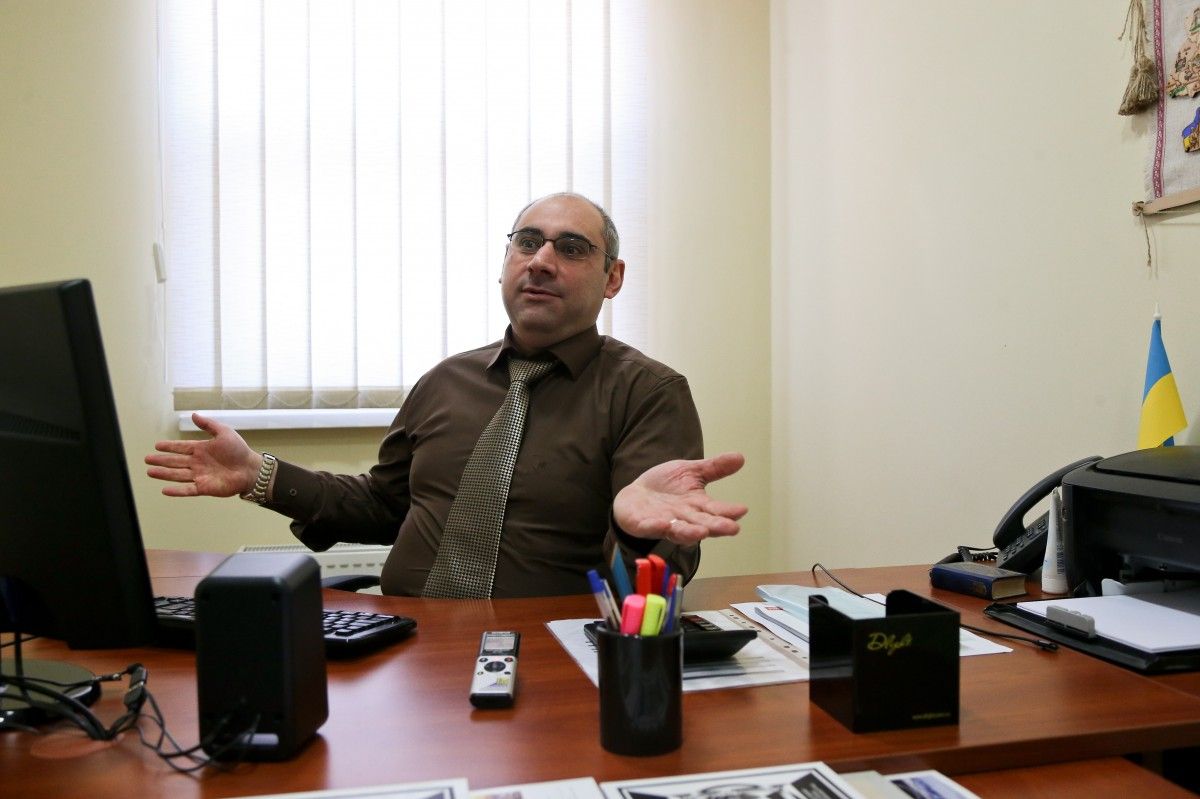
Syria’s Jolak Safwan: Assad just stands "on the stage," while Russia controls everything behind the scenes
Aljazeera.net reporter, editor-in-chief at UkrPress.net, Syrian-born Jolak Safwan in an interview with UNIAN told why Russia needs a Syrian war, why ISIL is a product of intelligence services and a tool in the hands of Putin and Assad, as well as about the realities of life of Syrians in exile and the attitude of Ukrainians toward Muslims.
According to official figures, about a million people have been killed in Syria war. It’s impossible to determine the actual death toll: whole families die, cities are being physically destroyed. The territory of Syria today is the territory of an ongoing massacre which the whole civilized world is witnessing. For Ukraine, compared with the EU, the issue of Syrian refugees is not too pressing. People who flee the war do not seek refuge in a country that has also been in war for four years. But this does not mean that there are no Syrians here. Until recently, before the fighting kicked off in their homeland, they came to study at Ukrainian universities. The war in Syria caught some of them in Ukraine. And today, many simply have nowhere to return, even if they wished to. However, they do not count on a refugee status in Ukraine, either. "People without a past, present, and future," that’s how the Syrian living in Ukraine, a journalist at Aljazeera.net, editor-in-chief of UkrPress.net Jolak Safwan, calls his compatriots.
In one of your interviews, you said that all the Arab countries are divided into those who are on the U.S. side, like Egypt once was, and those who are on the side of Russia - like Syria. The U.S. authorities have already claimed that Russia could not have been unaware of the impending chemical attack on Khan Shaykhun. Hence the question: is it Assad or Putin who bears greater responsibility?
No one but the Assad regime has chemical weapons in that region. And this is not the first time they have used it against their people. This has already happened in the city of Homs, many times - in the suburbs of Damascus, in Aleppo. After the last chemical attack on Khan Shaykhun, it is even illogical to argue, what other side could have such chemical weapons. The whole world says that the responsibility for the attack lays precisely with the regime. The only parties claiming that the regime has nothing to do with it is, in fact, the regime itself and those who support it - Russia and Iran.
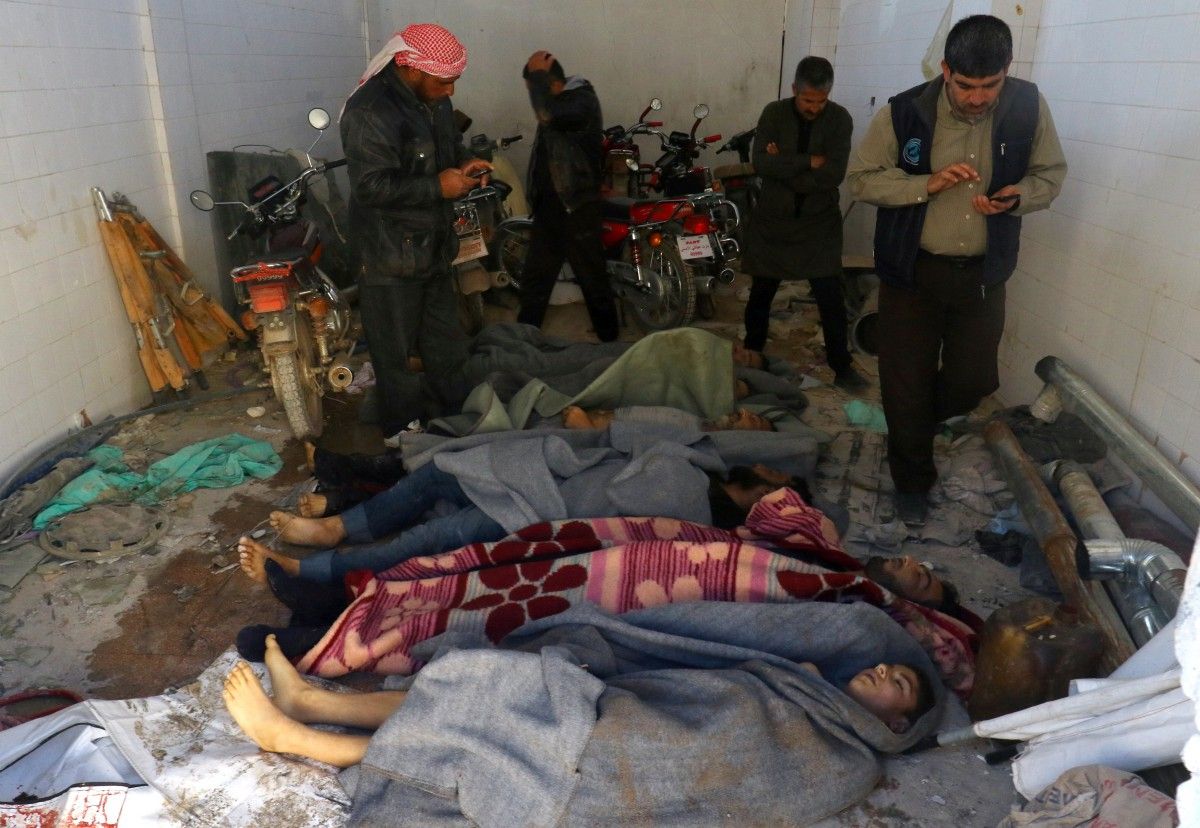
According to their version of events, there is a large chemical weapons factory in Khan-Shaykhun, which they bombed. Let's pretend it's true. Then there are questions arising - why have they bombed it? Isn’t it they who caused such great casualties? In addition, this city has long been under the control of the opposition, which is not officially supported by anyone. Where could they get such a plant after all? In addition, Khan-Shaykhun is not in a strategic location, meaning that even building a chemical weapons factory there would be illogical. Therefore, the version of the Assad regime and Russia is too ridiculous to consider seriously.
But do you agree that without Russia's approval, Assad would not have carried out a chemical attack?
Of course. In fact, Assad has long been only a symbolic figure. Basically, Russia controls almost everything in Syria, and then goes Iran. Russia is much larger - it already has its own territories, military bases, airfields. Even those who came to support Assad from Lebanon, that is, Hezbollah, no longer control the situation compared with Russia and Iran.
Assad simply stands "on the stage", while Russia controls everything behind the scenes. Even now, after America attacked the Ai-Shayrat airbase, the first reaction came from Russia, not the Assad regime.
If everyone understands that Russia is the main supporter of Assad, could this U.S. attack be a warning to Russia, that it is time for them to reconsider their position regarding their allies?
Let's pay attention to the fact that, in the classical sense, Russia is not an Assad’s ally. In principle, Russia has no allies, it is always guided only by the benefits. Let's remember [former president of Ukraine Viktor] Yanukovych. When Russia needed him, they supported him. And who is he now? No more than a refugee...
Russia went in Syria not to support Assad, but because they need this territory. At the beginning of the conversation, you remembered that Egypt was once an ally of the U.S. Now, Syria and Egypt are allies of Russia. Russia has a "point of power" in that region, and this, of course, is a very big drawback for Western forces. Especially, for America, as a world leader. Therefore, the U.S. strike was not a warning - they put Russia before fact that they [Moscow] have gone too insolent. Of course, the West does not want to pursue toward a direct conflict with Russia, but it also wants to put Putin back in his place.
And what are the chances of putting Putin back in his place?
The chances are very high. Today's tone of Western countries is more serious, it is far from sanctions, which have so far failed to stop the Putin regime. This tone is of a conflicting nature - they are already bombing the areas where Putin earlier drew "red lines," they are saying they are ready to strike again and that the Assad family must go.
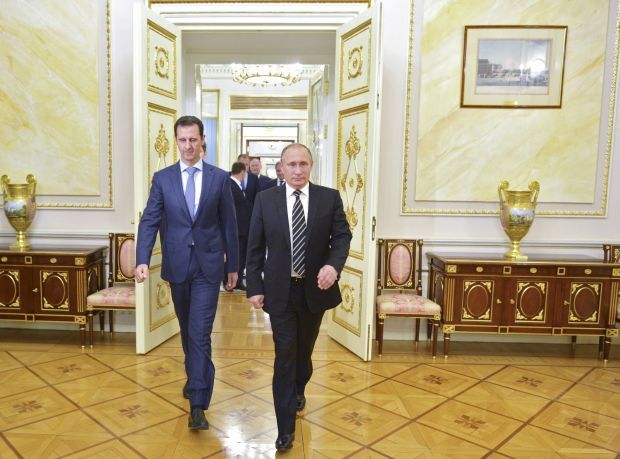
Their rhetoric is changing rapidly. Just a few weeks ago, the U.S. envoy to the UN said that removing Assad from power was not America’s priority. However, immediately after the chemical attack on the city of Khan-Shaykhun, the United States made a U-turn on its policy. Those analysts who speak of Trump’s unpredictability are right. But now it’s not only the Americans who united against the Assad regime. It’s also the British and the French, the G7. Believe me, if they all came together against the regime, then this regime is nothing for them. They want to put Russia in its place.
Assad has already stated that Syria and North Korea would jointly "resist the ambitions of major powers." Maybe we are now seeing the beginning of a new global confrontation?
I am more than sure of this. Now the territory of Syria is the territory of the world war. There are Turks, Americans, Russians, Arabs there. This means that there is a world war under way, just of a new nature. No one wants to fight against Russia in the territory of Russia or even in the territory of Ukraine - it would be too costly. But if you take a country like Syria... This is a more suitable option. A place is convenient to experiment with weapons, as Putin does.
Maybe it will lead to a large-scale war, but I don’t believe it will happen anytime soon, and I don’t think it will be in Russia's favor.
What do you think we expect from Assad now?
What does a chicken do when it’s slayed? It starts jerking, because it thinks that this way it may save itself. Assad is already feeling things have gone serious ... America is striking, the West is united with Washington, the Arabs are also supporting the U.S. Now Assad will be ready for anything. If he feels that he might die, then, unfortunately, the death toll in Syria will rise significantly. The minds of dictators work according to the principle: if we die, everyone dies.
After the U.S. strike on Ai-Shayrat air base, the Islamic State carried out terrorist attacks in Egypt, and then struck Israel. For five years they did not dare do it, so why did they now? That’s because the Islamic State is an instrument in the hands of the Assad regime, Russia and Iran. Otherwise, why haven’t these terrorists and thugs ever fought against them, only fighting near the territories controlled by the opposition (the opposition is supported by various Arab countries and the West). Or why haven’t the IS fighters, who in theory are Sunnis, ever fought against the Shiites? In our countries there are now big conflicts between Sunnis and Shiites. Anyway, where has this IS come from? Such a large organization that was all of a sudden able to seize the territory in Syria and Iraq, almost reaching Baghdad… Who organized them?
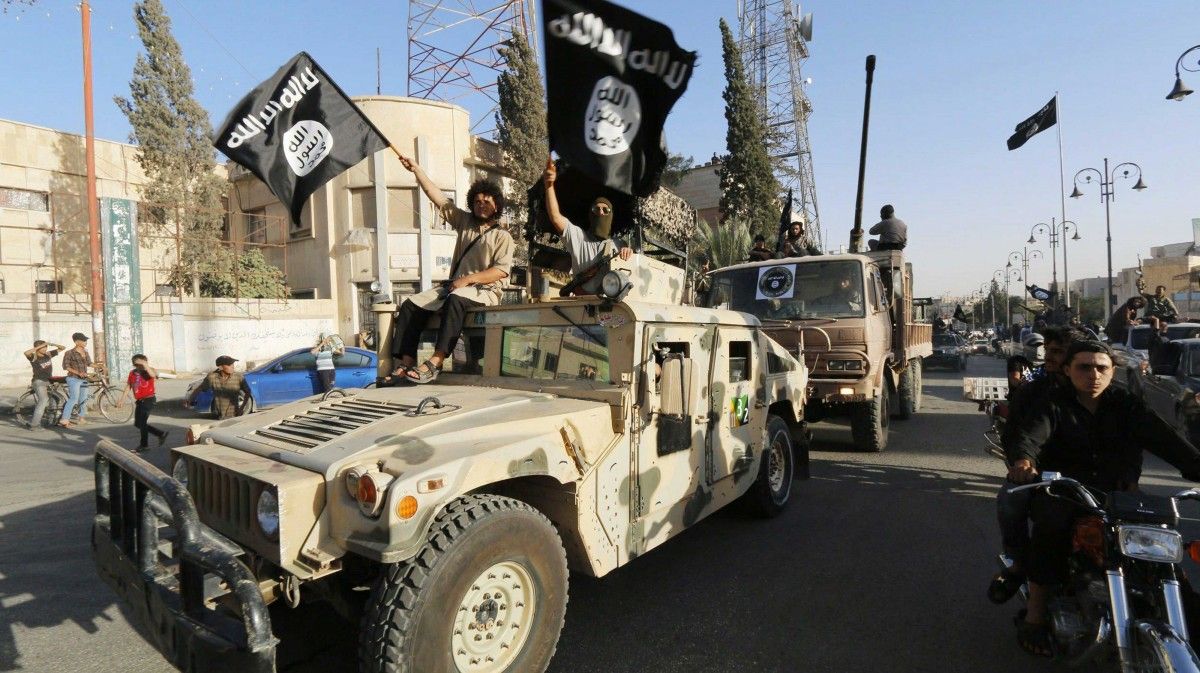
The answer is simple. The Islamic State is a product of intelligence services, which has been created by Russia, Iran and Syria.
With their acts of terrorism in Egypt and Israel, they seem to hint to America: if you continue, we will release the IS fighters to attack your allies (Israel is the main U.S. ally in that region). However, it seems that America and its Western allies do not pay attention to such messages and pursue with their agenda. However, believe me: if Assad goes, automatically, there will be no Islamic State.
Nevertheless, it is the fight against the Islamic State which Russia uses as a cover for its presence in Syria. That’s why some experts talk about the increased terrorist threat in Russia. If IS is a project of the Russian special services, then such speculations are just a bluff...
History repeats itself, and in the history of Russia there is a practice of deploying spies, removing opposition leaders, creating an alleged enemy in order to pretend to fight against it but, in fact, only to achieve other goals. For example, to create the Islamic State and crawl their way into Syria.
If the IS starts carrying out terrorist acts in Russia, then Moscow will use it to justify some other step that would it couldn’t explain otherwise, without a terrorist attack. Let's recall the recent incident in the St. Petersburg subway. Now they will use it in their campaigning, claiming the fight against terror. And whom will the scared people elect? That’s right, a person who can “stop terror.” For them, such a person is Putin. They believe that he can make miracles happen.
In the minds of most Russians and, unfortunately, many Ukrainians too, especially in the east of Ukraine, the Soviet-era idea still lives on that toughness means stability. Putin is very tough, and if he stays, then there will be stability in Russia - that's how they think. But it’s intelligence services who stand behind Putin. They created him. And it’s these intelligence services who are playing with people’s minds to justify everything that Putin will do in Syria, Ukraine, and the rest of the world, and in the future – if there is a direct or indirect war with the U.S.
What would you say to those who still believe that the biggest problem of Syria is really the Islamic State rather than the Assad regime?
If a person holds power in his hands for decades, this is a 100% evidence that he is a dictator. Besides, if he allowed his supposed allies to get into the territory of his country and destroy his people, you can expect anything from him.
It's important to know the history because everything repeats itself. As I said, Russians support their alleged allies only as long as they profit from it. The history of Russia confirms it. If Russia now understands the seriousness of the intentions of Western powers to remove Assad, then, perhaps, in order not to get into direct conflict with the West, Putin will agree to leave Syria without Assad.
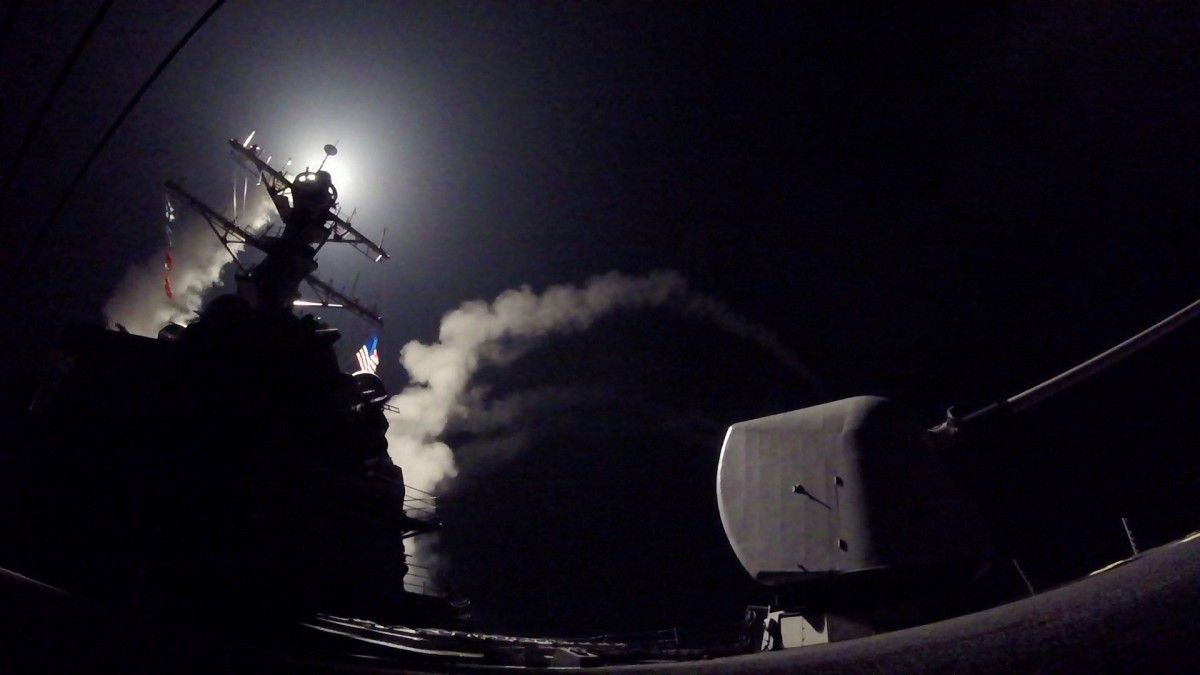
In fact, the Syrian conflict is very complex as too many parties take part in it. Moreover, everyone is fighting against terrorism, considering others to be terrorists. The ruling regime of Assad is one thing. There are also those who came to support him from Lebanon, there is Iran, Shiites from Iraq, Russia… At different periods of time, the opposition is supported by Saudi Arabia, Turkey, or America. It’s very confusing, and it’s hard to say what will be cooking next in this kitchen.
How many Syrians fled the country during the revolution?
In fact, there is no more Syria as such... Until 2012 there were 26 million people living in the country. Now there are 3 million IDPs within Syria alone. Some 3 million moved to Turkey (that’s only the official data on those who applied for a refugee status). In Germany, there is a huge number of Syrians, in Lebanon - about 2 million, in Jordan – some 1.5 million.
Do you think that among those who left, someone is ready to return?
When people leave, they no longer hope that everything will go well and they will return. Return where? Cities are being swept off the face of the earth, in the truest sense. The cities of Aleppo, Homs – they are gone. Therefore, I think that, over time, the Syrians should be part of other countries.
If we talk about Syrian refugees, has this issue touched upon Ukraine?
There is a much smaller number of refugees in Ukraine, almost none. People run away from the conflict, but they also know that there is a war here as well, and they do not want to come to Ukraine. However, there are those who came earlier, for example, to study, and now they face difficulties.
For various reasons, they can not return to Syria - there are no cities, there are no houses, their families have fled or died, the territory is closed down. They have nowhere to go, that’s it. In theory, Ukraine has laws that allow granting a refugee status to a person if there is a war, aggression, conflict in their country, but, in practice, it is not being granted. Human rights defenders say that Ukraine simply does not want to grant such status to people from countries with ongoing conflicts. The country is now itself in a crisis.
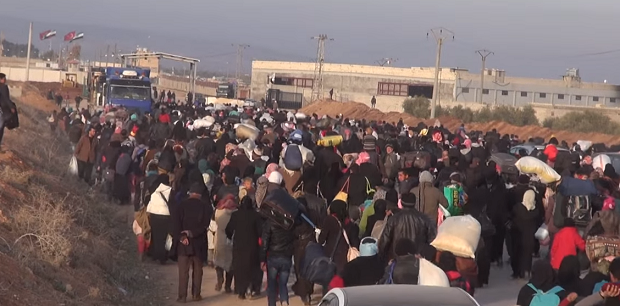
Yes, in this sense, Ukraine can be understood, but what are these people supposed to do? It's a question of humanity. They have no opportunity to leave, but they also can’t get a job or start a business here. People were left without a past, present, and future.
Is there any official reason they are refused? What do the authorities say?
I once spoke with the head of a passport desk in Kharkiv (I got my passport there). So, this woman told me the following: if those who came to Ukraine on a student visa, want to apply for refugee status, they must leave the country and come again. But how and where will they go? Students even say: "Well, we will somehow go to the nearest country, where there is an embassy of Syria, just give a guarantee that we will be able to return." Because there is one more problem – Ukrainian embassies now categorically refuse to grant visas to Syrians, even for hospital treatment trips.
And what about those people who remain in Syria? What keeps them there? According to Amnesty International, over the past five years, the Assad regime has executed more than 10,000 political prisoners...
It depends on the city. In cities controlled by the Assad regime, people live to survive. My family in the city of Hama, which is under the control of the regime. Yes, they stop people on the streets, and ID them, but people can get by more or less. There have other problems like sky-high prices and conscription to the army. Military service today is a 100% prospect of being killed. Because of these challenges, almost all of the youth have fled.
People who live in the cities of Syria under the control of the opposition have the same reasoning: if there is some kind of security and control, it's better to live on your land and wait for death, even if death is near. Unfortunately, that’s how the things are.
Another factor: when the Syrians look at what happens to those who flee, they decide to stay and die in their homes. It's better than dying in the sea, or living in Lebanon and Jordan, where Syrians are humiliated greatly. In Turkey, they treat refugees well though, my brother is there now.
In your opinion, does the world media covers the events in Syria enough? I mean, in general, not after the latest chemical attack…
There’s sufficient coverage. But, when the news pieces are repeated from day to day, they become secondary. God forbid that the situation in Ukraine becomes the same as in Syria, but if 10 people die in one day in Ukraine, the whole world will write about it. If it happens every day - the world will get used to it, and will not talk about it. The Syrian question is the same. This is about the media.
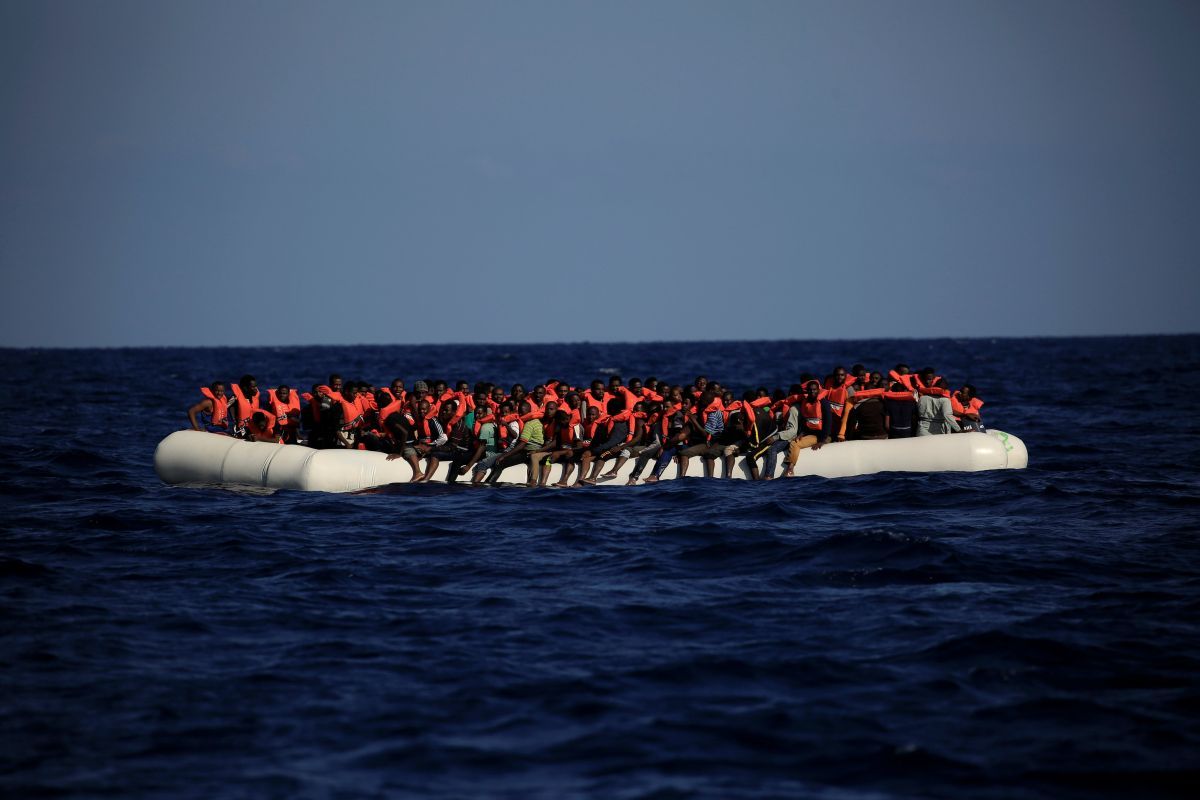
At the same time, there is also the opinion of analysts and experts. And, unfortunately, their positions also posed a problem at the very beginning of the conflict. For example, it is believed that 2% of the population is enough to make a revolution. In Syria, there were days when as much as 4%-4.5% of the total population of the country took to the streets in one city. There was a real revolution! I think people are tired of forty years of pressure, they smelled freedom, the "Arab spring". It was necessary to open the people’s eyes to what was actually happening. However, experts began to interpret the events in different ways...
I hate the regime. But, as a person who looks at what is happening from the outside, I believe that had Assad taken some reasonable measures at the start, giving freedom to Syrians, it would have been much better for him and for Syria. But he went in his father’s steps, controlling the country with fire and toughness. But now, in the era of Facebook and Twitter, such methods simply don’t fit. It was necessary to take political steps, to reckon with the people.
The thing is also that the world did not want the continuation of the "Arab spring". Most of all money against the "Arab Spring" was invested by the United Arab Emirates and Saudi Arabia - that is, those who were afraid of losing power. They first stopped it in Syria, and then changed its "scheme" wherever it had achieved success. They supported a coup in Egypt, where people now live much worse than they did under the Mubarak regime [the fourth president of Egypt reigned for 30 years]. In Libya, there is now a civil conflict that is supported by the Arab countries. The UAE is investing a lot of money in order to have a conflict continue, and people in the UAE, Saudi Arabia, and other Arab countries did not even think about the changes. They would look at Syria and say: "No, we do not want this in our lands."
The UAE is, in fact, a business company that pays where it benefits. And by the way, this is one of the main allies of Russia in the Arab world. And Russia was one of the players who wanted the least that the "Arab Spring" succeed. After all, such a spring could hit Russian streets by the same scenario. Different peoples live in Russia… What if Dagestan rises? ...
When Ukraine is discussing the prospects for ending the conflict in Donbas, the question of reconciliation is raised. If we draw parallels with Syria, is it possible to reconcile all sides that are fighting each other today?
Perhaps so, but without Assad. Yes, there are only rascals around him, but he stands out among all. If he is removed, it will be very reasonable for the Western, Arab countries, and Russia to start a dialogue. Without such a dialogue, the conflict will continue.
Let's imagine that Assad is gone. What should be done with those who served his regime? In Ukraine, we have a bill "On Collaborators" submitted to Parliament. It implies criminal liability for those who collaborated with the occupier forces...
I am against such laws. They only increase public tensions. Nobody knows who collaborated with whom, and how they did it. Take, for example, the Berkut police task force. I'm not on their side, but did the whole Berkut force shoot at peaceful protesters [at the Maidan]? Not at all. We should praise those Berkut troops who heard the order but also understood that they can’t overstep the rights of citizens.
Berkut was liquidated, but the National Guard emerged. This is a right thing, the country needs such force. But, let's say, something goes down again, and whom will the National Guards take orders from? Everything can be the same ... The people who are responsible for the murders must be held accountable, but you can’t just blame everyone. Adopting such laws is like looking for a needle in a haystack. There shouldn’t be an emotional response to such issues, it’s important to remain logical.
If such an issue is raised in Syria, this can go on forever. That’s because all civilians fight as well. It’s either you fight, or you die in your bed. There is no other alternative.
Following a terrorist attack in the St. Petersburg subway, the Russian media immediately called the suspect and span the news that he was a Muslim. At the same time, the Russian media often accuse Ukraine of intolerance. According to your personal observations, is there any discrimination against Muslims in Ukraine?
Ukraine has no historical conflict with Islamic countries. I read history literature on what Bohdan Khmelnitsky and Taras Shevchenko wrote about Muslims – there’s never been any conflict. Last year, I visited the fortress of Khotyn, and the guide there was telling our group about the Ottoman and Polish empires. She did not talk about it all in a negative way, she told us the way it was, including about executions. I have no problem here going to the mosque, women here wear headscarves without any problems. In 2007, my wife got a passport photo in a scarf - there was no problem, either.
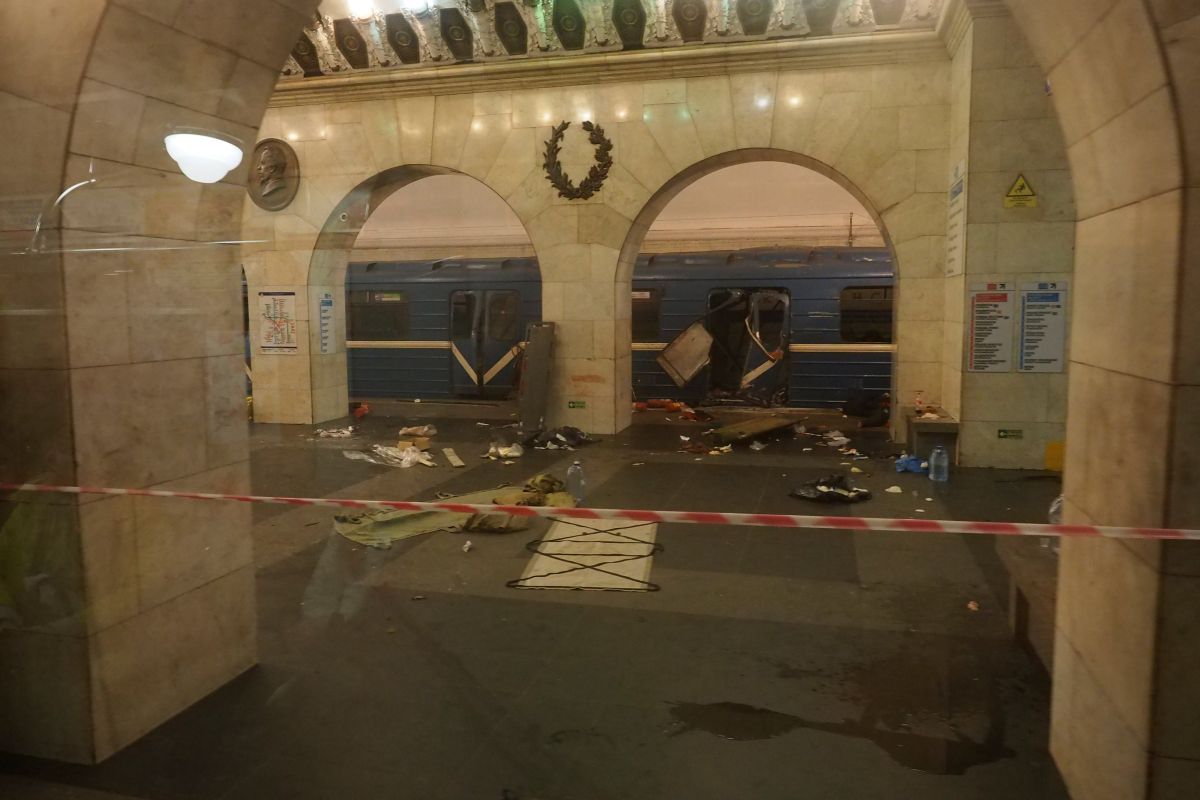
In Russia, discrimination is a regular thing, because people there are stereotyped. Even in standup shows, there are "jokes" about Uzbeks and Tajiks, who are treated solely as a labor force: "At 6 am, Moscow is our city," that’s such is the "joke" about the morning cleaning routine by migrant workers. Who is attacking Arabs and foreigners in general? It’s skinheads. But this is not Ukrainian ideology. It is developed in Russia.
There were problems with Muslims in Crimea - and again, because of the Russians who attacked the cemetery of the Crimean Tatars and burned the mosque.
In European democracies, too, there are conflicts, because Islam got there mostly through refugees and immigrants.
In Ukraine, there is no conflict with Muslims. Ukraine is a special place in this regard. It even has its own indigenous Muslims, of whom Ukrainians are proud – it’s Crimean Tatars.
Iryna Shevchenko

